Contract Energy

What is the difference between a regular contract and a smart contract ?
A regular contract and a smart contract differ in terms of their **nature**, **enforceability**, **cost**, **speed**, and **transparency**. Below are the key differences between these two types of contracts: ## Nature ### Regular Contract - Legal agreement between two or more parties. - Typically written in natural language (e.g., English). - Governed by local laws and regulations. ### Smart Contract - Self-executing contract with the terms directly written into code. - Deployed on a blockchain network. - Enforced by the underlying code and cryptographic protocols. ## Enforceability ### Regular Contract - Relies on legal institutions for enforcement (e.g., courts). - May involve mediation or arbitration processes. - Penalties for breach can be monetary or involve other forms of relief. ### Smart Contract - Autonomously executes when predetermined conditions are met. - Enforcement is decentralized and automated. - Penalties for breach are typically programmed into the contract logic. ## Cost ### Regular Contract - Can be costly due to legal fees, notary services, and potential litigation expenses. - Involves overhead of paper-based record keeping and manual processing. ### Smart Contract - Generally less expensive because it eliminates intermediaries. - Costs associated with blockchain transaction fees and contract deployment. ## Speed ### Regular Contract - Time-consuming process from negotiation to signing and execution. - Settlement times can vary widely depending on the complexity of the agreement. ### Smart Contract - Faster execution once the conditions are met. - Real-time settlements possible due to automation. ## Transparency ### Regular Contract - Limited transparency; only involved parties have access to the contract details. - Requires trust in the counterparty to disclose all relevant information. ### Smart Contract - High transparency; contract code and transactions are visible on the blockchain. - Trust is placed in the immutable and verifiable nature of the blockchain.

What is a smart contract ?
Smart contracts are self-executing contracts with the terms of the agreement between buyer and seller being directly written into lines of code, which exist across a distributed, decentralized blockchain network. They allow for transactions and the transfer or distribution of cryptocurrencies to be executed automatically without the need for a central authority, legal system, or external enforcement mechanism. Smart contracts are autonomous, immutable, traceable, and decentralized. They have various use cases such as cryptocurrency transactions, insurance claims, supply chain management, real estate transactions, gambling and betting, and legal documents. The benefits of smart contracts include efficiency, transparency, security, speed, and accuracy. However, there are challenges and considerations such as code quality, lack of legal recognition, interoperability issues, and privacy concerns.

How can schools address the issue of contract cheating, where students pay others to complete their assignments or exams ?
Addressing contract cheating in schools is crucial for maintaining academic integrity. Effective measures include using advanced plagiarism detection tools, educating students on academic integrity, encouraging open discussions, providing support services, and collaborating with parents and guardians. These strategies can deter students from engaging in contract cheating and promote a culture of original work.
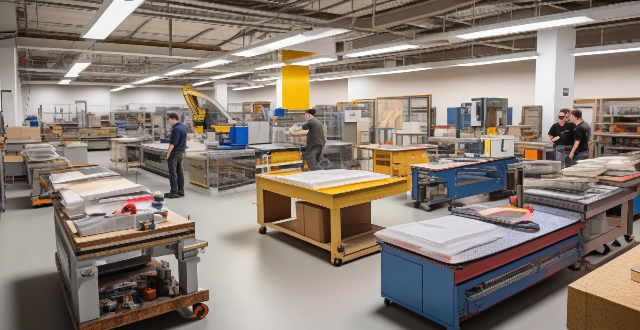
Are there any hidden fees or contracts associated with upgrading my broadband ?
When upgrading broadband, beware of early termination fees, equipment rental costs, and installation charges. Also, understand contract minimums and auto-renewal clauses before committing.
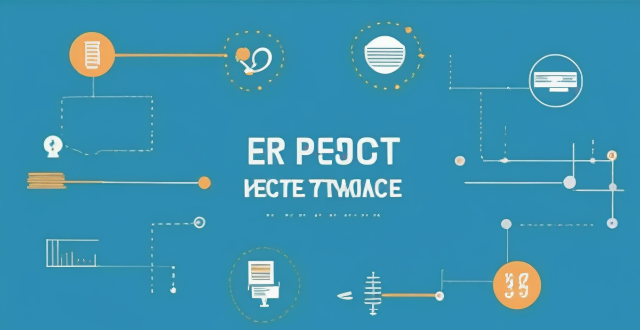
How do smart contracts work ?
Smart contracts are self-executing contracts with the terms directly written into code, operating on a decentralized blockchain network. Key features include autonomy, trustless transactions, immutability, and traceability. The working mechanism involves deployment, execution based on predefined conditions, verification through consensus algorithms, and settlement updating contract states. Benefits encompass efficiency, transparency, security, and the removal of intermediaries. Challenges include legal recognition, coding errors, and handling complex logic. Smart contracts revolutionize traditional contract law by enabling secure, automated, and transparent transactions on blockchain networks.
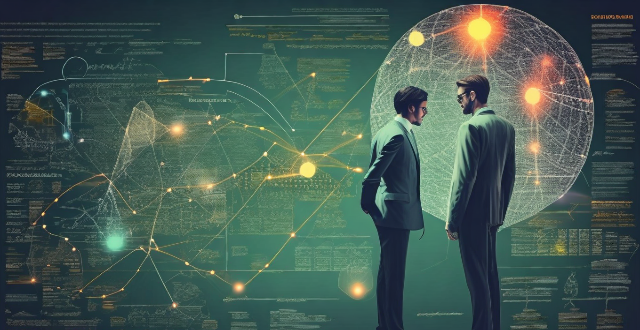
What are the potential risks associated with smart contracts ?
Smart contracts revolutionize digital transactions but pose risks like code vulnerabilities, legal uncertainties, lack of human oversight, interoperability issues, and privacy concerns. Users must understand these potential pitfalls before engaging in smart contract agreements to mitigate adverse outcomes.

What are the legal implications of using smart contracts ?
Smart contracts, self-executing contracts with terms written in code on a blockchain, raise legal questions about enforceability, jurisdiction, privacy, security, and regulatory compliance. Best practices include consulting a legal expert, clearly defining terms, considering jurisdiction, and prioritizing privacy and security.
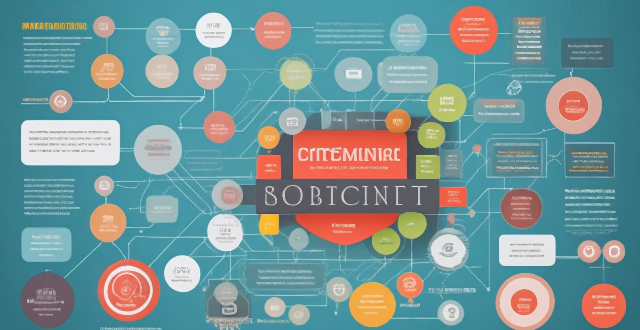
How can smart contracts be used to streamline financial transactions ?
Smart contracts can streamline financial transactions by automating processes, reducing costs, and increasing efficiency. They can automate payments and transfers, act as escrow services, create loan agreements, streamline insurance claims, and facilitate trading and exchanges of financial assets. As blockchain technology evolves, we can expect more innovative uses for smart contracts in the financial industry.
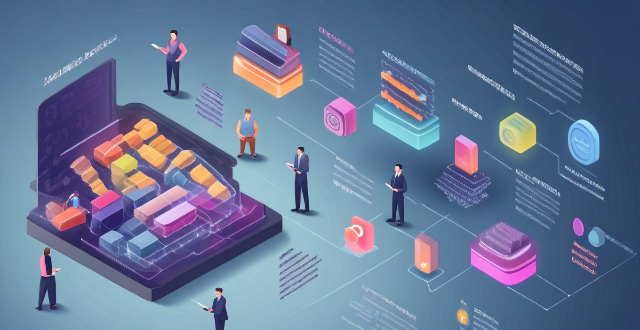
What are smart contracts in the context of blockchain ?
Smart contracts are self-executing digital agreements that operate within the blockchain, providing a decentralized and trustless system for transactions. They are created using specific programming languages and deployed onto a blockchain platform. Once conditions are met, smart contracts execute automatically, with each node verifying the process to ensure accuracy. Applications include cryptocurrencies, supply chain management, real estate, insurance, and legal agreements. However, challenges like immutability, complexity, legal standing, and privacy concerns must be addressed.

What are the benefits of hiring a sports agent for career management ?
Hiring a sports agent can bring numerous benefits to an athlete's career management, including negotiating contracts and deals, marketing and branding assistance, legal representation, and career planning and development. By working with an experienced sports agent, athletes can focus on their performance while leaving the business side of their careers in capable hands.

Can smart contracts be used in traditional businesses ?
Smart contracts, self-executing contracts with terms written into code, can be used in traditional businesses but have limitations such as legal issues and complexity. They offer advantages like transparency, efficiency, and security but also present challenges like lack of human touch and privacy concerns. Businesses should carefully consider their specific needs before adopting this technology.

How does clean energy investment compare to traditional energy investment ?
Investing in energy sources is crucial for the development and growth of any economy. However, the choice between clean energy investment and traditional energy investment has become a significant topic of discussion in recent years. This comparison will explore the differences between these two types of investments, focusing on their costs, benefits, and potential impacts on the environment and society.
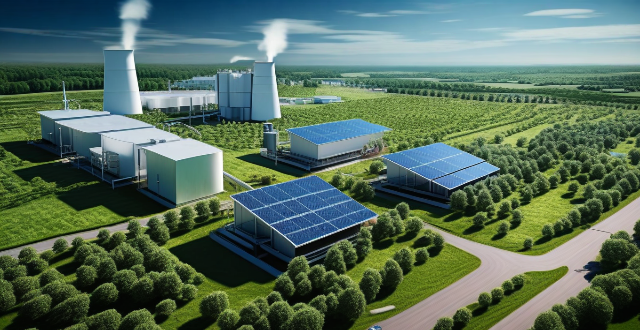
How do renewable energy sources contribute to industrial energy efficiency improvements ?
Renewable energy sources like solar, wind, hydropower, biomass, and geothermal power play a crucial role in enhancing industrial energy efficiency. They offer benefits such as reduced greenhouse gas emissions, lower operating costs, and increased reliability. By adopting these technologies, businesses can reduce their reliance on fossil fuels, increase energy independence, and contribute to a more sustainable future.
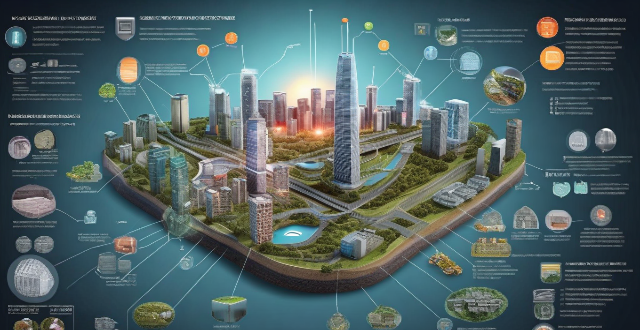
What is the future of nuclear energy in the energy market ?
The future of nuclear energy is promising, as it has advantages such as low carbon emissions, high energy density and baseload power. However, challenges like safety concerns, waste disposal, and high costs must be addressed. Increasing demand for clean energy, advances in technology, and integration with renewable sources can drive the growth of nuclear energy in the future.

What is energy transition and why is it important ?
Text: Energy transition is the shift from traditional to renewable energy sources, important for reducing greenhouse gas emissions, promoting sustainable development, and improving energy security. Benefits include economic growth, environmental protection, and social progress.

What is the future outlook for clean energy investment ?
The future outlook for clean energy investment is positive, driven by government policies, technological advancements, and growing demand for sustainable energy sources. However, challenges related to intermittency, infrastructure integration, and competition from fossil fuels need to be addressed to ensure the continued growth of the sector.

Can using energy-efficient appliances help cut down electricity consumption ?
Energy-efficient appliances can help cut down electricity consumption by using less power than traditional counterparts, leading to cost savings and environmental benefits. Examples include LED light bulbs, smart thermostats, and energy star certified refrigerators.

What is the difference between Bitcoin and other cryptocurrencies ?
Bitcoin is the first cryptocurrency and has a decentralized structure, highest market capitalization, slower transaction speeds, high energy consumption, and does not support smart contracts. Other cryptocurrencies may have faster transactions, be more energy-efficient, and support smart contracts, but they may not be as decentralized or have as high a market cap as Bitcoin.
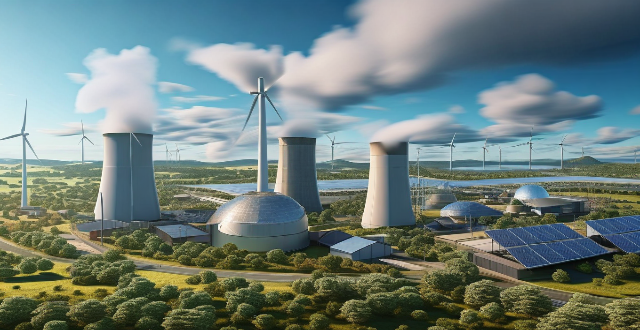
What role do renewable energy sources play in distributed energy systems ?
Renewable energy sources are crucial for distributed energy systems due to their clean, sustainable nature and local generation capabilities. They reduce carbon emissions, enhance energy security, promote local economic development, improve energy efficiency, and enable innovation in these systems.
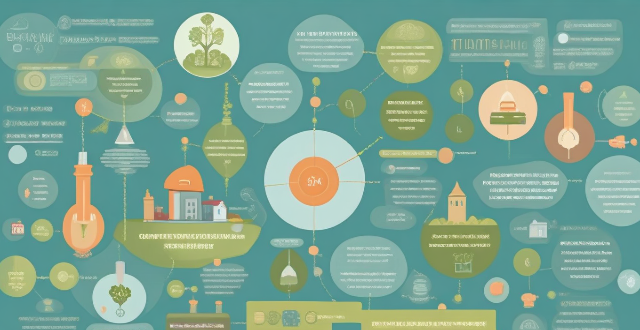
What impact does climate change legislation have on renewable energy development ?
Climate change legislation significantly influences renewable energy development by providing financial incentives, establishing mandated targets, supporting research and infrastructure, creating consumer awareness, fostering international cooperation, implementing regulations, setting environmental standards, and promoting economic growth through job creation. These measures collectively drive the energy sector towards sustainability and a low-carbon future.
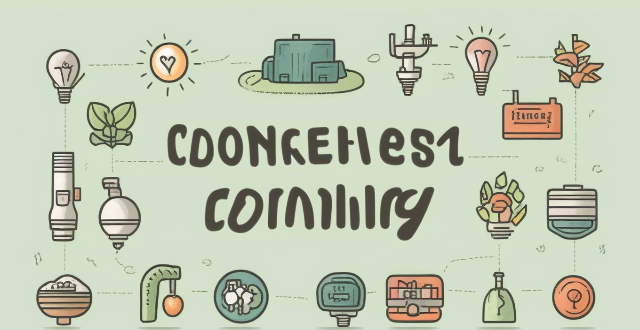
What is the relationship between energy-efficient appliances and overall energy savings ?
The text discusses the connection between energy-efficient appliances and overall energy savings, defining such appliances as those engineered to meet specific efficiency standards. These devices reduce direct energy consumption through lower power requirements and advanced technology, leading to long-term cost benefits and environmental advantages like reduced greenhouse gas emissions. To maximize savings, consumers should research and maintain these appliances properly and replace older models. The relationship underscores the importance of energy-efficient appliances in achieving energy savings for a more sustainable future.

What is the impact of climate change on the energy market ?
Climate change impacts the energy market by increasing demand for cooling, causing unpredictable weather patterns, rising sea levels, and shifting energy sources towards renewables.
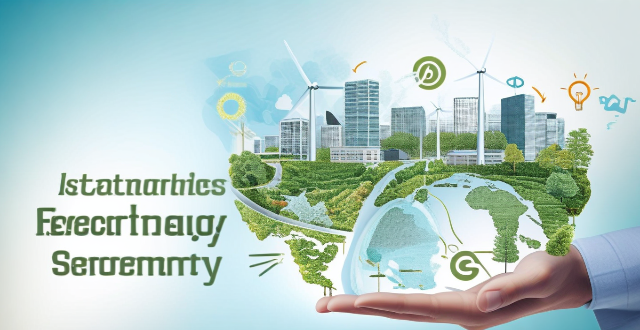
What are the main sources of sustainable energy ?
The text discusses the various main sources of sustainable energy, including solar energy, wind energy, hydropower, geothermal energy, bioenergy, tidal and wave energy, and hydrogen energy. It also highlights the importance of adopting sustainable energy for environmental impact, economic benefits, energy security, and health considerations. The transition to sustainable energy requires investment, policy support, and technological innovation.

How is digital technology transforming the energy market ?
Digital technology is revolutionizing the energy market by improving efficiency, enhancing renewable energy sources, facilitating decentralized energy production, enabling smart buildings and homes, and promoting transparency and accountability. This transformation is crucial for meeting the increasing global demand for energy while addressing environmental concerns.

What are the most effective ways to improve energy efficiency in buildings ?
Improving energy efficiency in buildings is essential for environmental and financial reasons. Effective methods include proper insulation, efficient lighting solutions, using energy-efficient appliances, smart controls, harnessing renewable energy sources, and conserving water. These strategies not only reduce operational costs but also create healthier spaces while contributing to sustainability.

What impact do energy storage solutions have on the economics of renewable energy ?
Energy storage solutions significantly impact renewable energy economics by addressing variability and unpredictability. They enhance grid stability, reduce costs, and increase efficiency, thus making renewable energy more viable. With ongoing technological advancements, energy storage will continue to play a crucial role in integrating renewable energy into power grids and achieving global decarbonization goals.
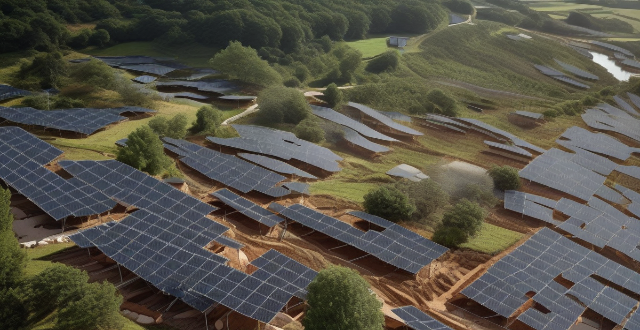
How does wind energy compare to solar energy ?
Wind energy and solar energy are both renewable sources of energy that have gained popularity in recent years. Wind turbines can generate electricity with high efficiency and low maintenance cost, while solar panels have a low initial cost and long lifespan. However, wind turbines can create noise pollution and have limited availability, while solar panels rely on sunlight and require a large amount of land. Both sources have their advantages and disadvantages, making them suitable for different applications.
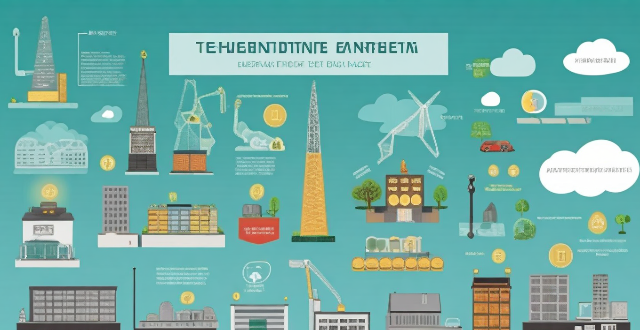
How is renewable energy affecting the traditional energy market ?
Renewable energy sources are having a significant impact on the traditional energy market, affecting pricing, market share, job creation, and environmental concerns. The increased efficiency and reduced installation costs of renewable technologies have made them more competitive with traditional energy sources, leading to declining electricity prices overall. Additionally, the growing demand for renewable energy sources has led to an increase in their market share, particularly for solar and wind power. The transition to renewable energy is also creating new job opportunities across various sectors of the economy, while addressing environmental concerns associated with fossil fuel consumption.